Boston’s Office Pipeline Maintains National Lead
One industry accounts for most of the activity, according to Yardi Research Data.
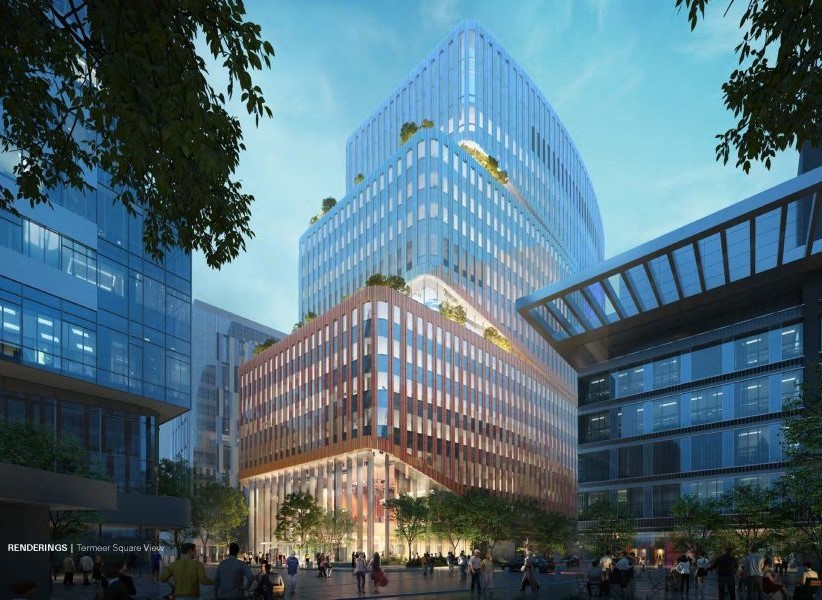
Boston’s office pipeline remained in the spotlight in the first months of this year. As of May, projects underway totaled 5.9 million square feet, ranking first nationally, Yardi Research Data shows. However, the pace of new starts slowed significantly, with only one development totaling 350,000 square feet to break ground in the past 12 months.
Even so, the market’s strong emphasis on life sciences remains a key advantage. Nearly three quarters of its office pipeline is dedicated primarily to this sector. Meanwhile, the metro’s office vacancy rate stood at 16.9 percent at the end of May, still well below the national average.
Largest office pipeline nationwide

Boston’s office pipeline at the end of May comprised 5.9 million square feet, ranking first nationally and accounting for 2.3 percent of inventory, according to Yardi Research Data. Dallas (3.2 million square feet) and Austin (2.7 million square feet) rounded out the top three metros.
Nearly three quarters of Boston’s office pipeline are life science properties, with most of the buildings breaking ground during the life science boom after the pandemic.
When also taking into account the projects in planning stages, the metro’s share accounted for 6.4 percent. Only Austin (7.1 percent) registered a higher figure, while other gateway markets such as Los Angeles (3.3 percent) and Seattle (2.5 percent) lagged behind.
At the beginning of the year, BioMed Realty topped out 585 Kendall, a 637,000-square-foot life science building in Cambridge, Mass. The 16-story project broke ground in 2022 and is set to come online next year.
Completions still above U.S. average

Year-to-date as of May, Boston had 1.6 million square feet of office space coming online across six properties. This accounted for 0.5 percent of the metro’s total stock, above the 0.2 percent national average.
The metro posted 22.2 percent improvement year-over-year for deliveries. Among gateway metros, only Miami (105.7 percent) reached a higher figure, while Los Angeles (-49.7 percent) and Chicago (-91.6 percent) were at the opposite pole.
Recently, BioMed Realty opened the first phase of Assembly Innovation Park, one of the projects that will reshape Boston. The 498,000-square-foot, 12-story component broke ground in January 2022. The second phase will comprise two buildings totaling 970,000 square feet.
More office-to-residential conversions to break ground

Boston’s Conversion Feasibility Index—a tool developed using Yardi Research Data to help investors assess the potential for successfully converting existing office buildings into multifamily—shows that the market had more than 110 properties suitable for adaptive reuse as of May. Additionally, there were 378 office buildings into the Tier II category, meaning they have strong potential for conversion but will require additional adjustment.
In June, the Government of Massachusetts awarded $7.4 million to support two office-to-residential conversions that will create 200 units within the city’s downtown. One of the projects is 31 Milk St., a 94,851-square-foot building with a CFI score of 86.
Sale prices remain high despite foreclosures
Boston’s office investment volume year-to-date as of May clocked in at $633 million, ranking 10th nationally. Manhattan ($2.8 billion) remained in the lead, followed by Washington, D.C. ($2.6 billion) and the Bay Area ($2.1 billion).
Assets in the metro traded for $237 per square foot on average, well above the $194 national index. Among gateway markets, Manhattan ($448 per square foot), and San Diego ($346 per square foot) fared better, while Chicago ($59 per square foot) and Seattle ($124 per square foot) were at the opposite pole.
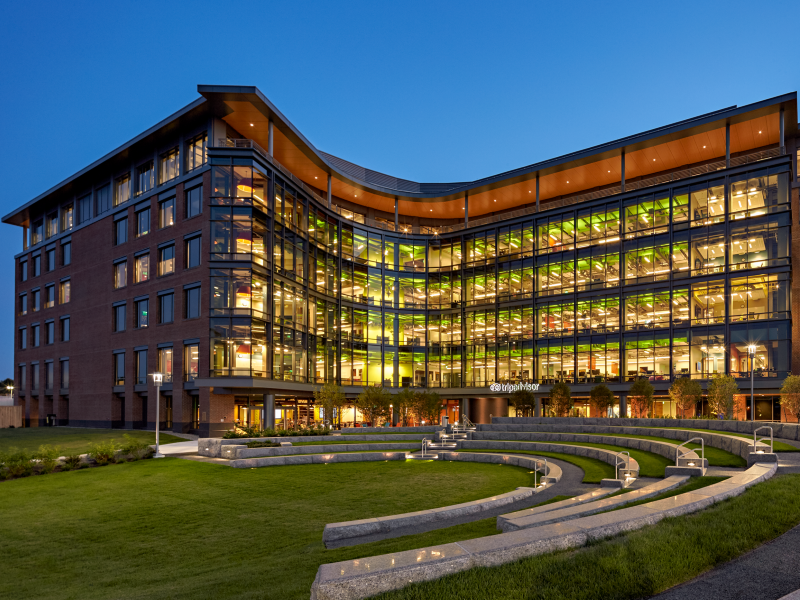
In April, Nuveen sold 99 High St., a 32-story Class A office tower in Boston’s Financial District, for $227 million. Nuveen acquired the asset for about $100 million below the property’s valuation and at a discount compared to the $273 million sale price registered two decades ago.
In another markdown deal, the 1.1 million-square-foot One Lincoln office tower traded for $400 million. An affiliate of merchant bank BDT & MSD Partners, reportedly in partnership with developer and investor DivcoWest, acquired the 36-story tower at a foreclosure auction.
Asking rates decline year-over-year
Boston’s office vacancy rate at the end of May was 15.7 percent, one of the lowest among gateway markets and behind the 16.9 percent national average. Miami (14.6 percent) and Los Angeles (15.7 percent) had less vacant space, while Chicago (19.6 percent) and San Francisco (28.4 percent) were at the opposite pole.
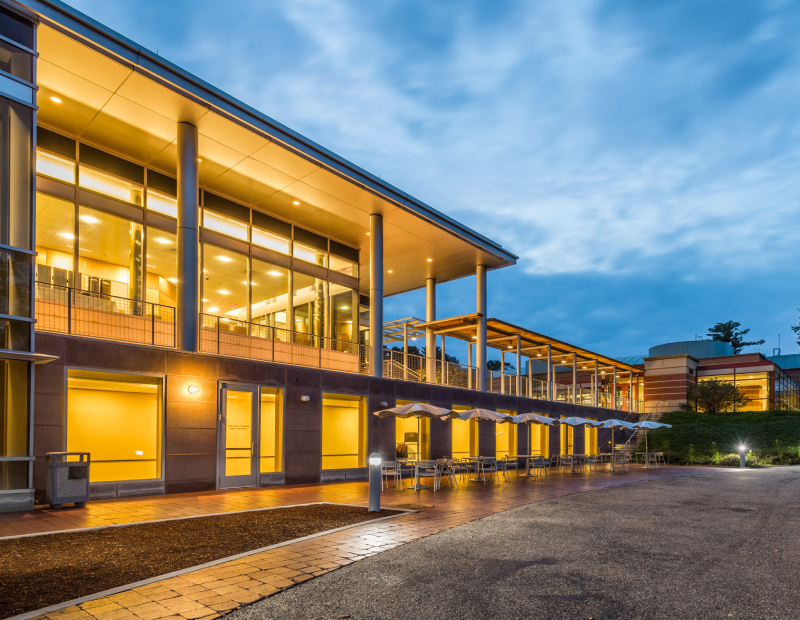
In March, Advisor360° signed a six-year lease to complete its corporate headquarters relocation to Needham, Mass. The firm will occupy 83,516 square feet across two floors of U.S. Realty Advisors’ six-story building on 400 First Ave.
Additionally, early lease renewals are still penciling through. Generate:Biomedicines agreed to renew and extend the agreement for its cutting-edge 75,000-square-foot CryoEM laboratory at IQHQ’s Innovation Park in Andover, Mass.
Boston’s average listing rate at the end of May clocked in at $46.1, marking a 140-basis-point year-over-year decrease, but still above the $33.2 U.S. figure. Manhattan ($68.1) remained in the lead nationally.
Boston’s shared space inventory holds steady
Boston’s coworking inventory at the end of May reached more than 5.5 million square feet across 234 locations, according to CoworkingCafe information. The metro’s shared space accounted for 2.0 percent of its total office stock, on par with the national average. Manhattan (11.4 million square feet) led nationally. However, in terms of coworking space share out of total office inventory, Miami (4.0 percent) ranked first, while Washington, D.C (1.7 percent) had the least space out of gateway markets.
Regus was the coworking provider with the largest shared space inventory in the metro as of May, owning 677,818 square feet across 36 locations. The firm was followed by WeWork (448,716 square feet) and BXP (275,000 square feet).



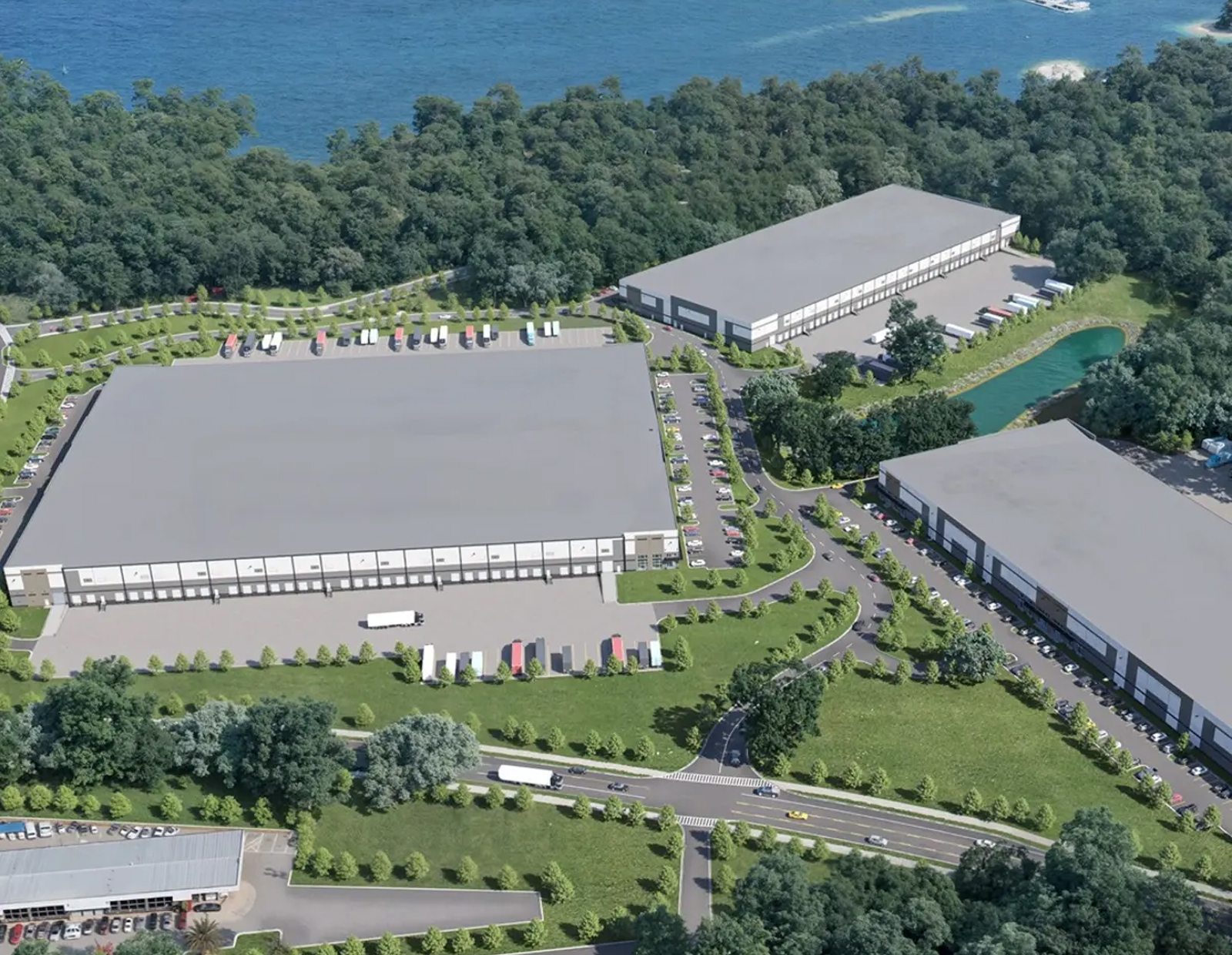
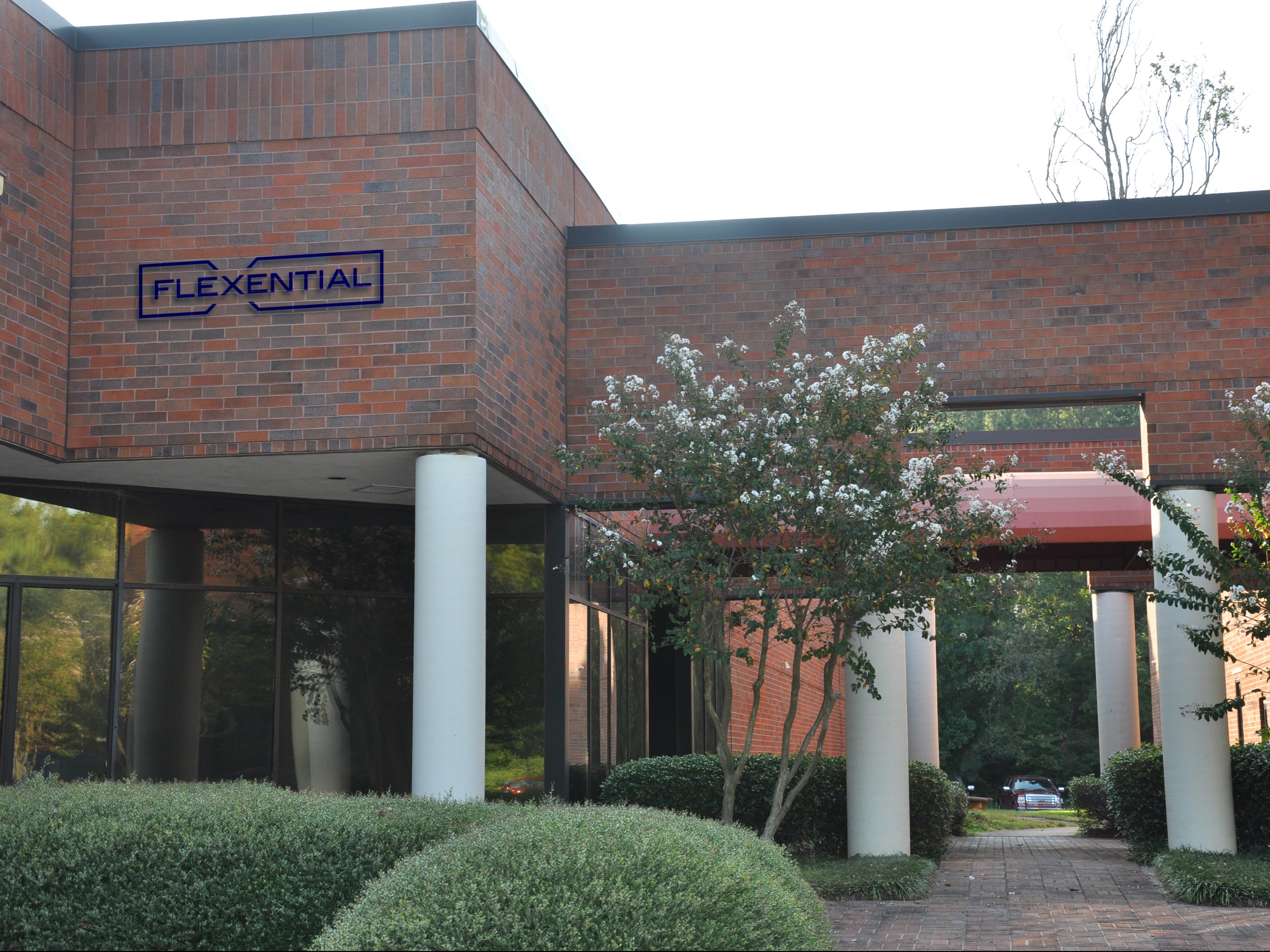


You must be logged in to post a comment.